Whenever my mother leaves her home in Sydney’s western suburbs to go the city and beyond, I check in with her as much as I can to ensure she is OK.
My mother is a smart and social woman who befriends everybody she meets, yet I worry for her going about her day. She wears the hijab, and she feels – as many visibly Muslim women feel – the palpable fear and distaste for Muslims and immigrants in this country.
I was with her the time a woman refused to serve her at a bakery, turning her back to my mother, silent, arms crossed. I was with her when a man spat at her as we were going up an escalator. I have been with her when strangers have scowled at her. I was with her when a woman vocalised her discomfort at being in the same hospital room as my mother. And then there are all the other times when I have not been with her.
I was with her when a man spat at her as we were going up an escalator
In the wake of the Christchurch mosque terror attacks on Friday, which left 50 New Zealand Muslims dead, Australians have been doing some soul-searching about how this came to happen. The mass shooter was a 28-year-old Australian white supremacist who live streamed his slaughter on Facebook.
For many Australians, it is a shock that Australia could have harboured such extreme racist hatred. Within the Australian Muslim community, however, it is almost a natural, if extreme, progression of the kind of aggressions many have experienced for years.
As a journalist who has worked across local, state and national newsrooms, I believe the media must confront some difficult truths about its role in last week’s events.
In Australia, newsrooms appear overwhelmingly white and middle class, although we do not have the data to show this yet. (Media Diversity Australia is currently collating the first Australian data.) In the US, the American Society of News Editors found in 2017 that journalists from racial minorities made up only 16.6 per cent of the workforce in US newsrooms.
I felt – and continue to feel – numbed by the casual anti-Arab racism I have faced during my eight years as a journalist from even seemingly progressive types, and the extremely Eurocentric and siloed world views of journalists who should have a better sense of curiosity and inquisitiveness.
Offhand bomb jokes were made. Small but upsetting moments like being asked if I could record a voiceover with a broken Arabic accent.
For years, I tirelessly pitched newsworthy stories about minority groups, including Muslims, which were not negative, to somehow balance the scales. But I lost track of the number of times I went home in tears because of the frustration, the anti-Arab and anti-Muslim sentiment I watched unfold and also felt complicit in.
I feel numbed by the casual anti-Arab racism I have faced as a journalist
These aren’t just my observations: research shows our media is perpetuating a negative view of Muslims and Islam. OnePath Network, an Australian Muslim production company, studied five News Corp newspapers in 2017 and found almost 3000 news stories about Muslims and Islam alongside words like violence, extremism, terrorism or radicalism.
The network counted 152 front pages about Muslims, including three Daily Telegraph headlines that read: “This Means War”, “Enemy at the Gates” and “In the Firing Line”. It feels quite provocative.
Meanwhile, the Christchurch terrorist’s ‘manifesto’, The Great Replacement, had sections that almost sounded like they could have been lifted from Sky “after dark”.
If journalists are going to interview people like the former executive chairman of far-right news site Breitbart Steve Bannon, who spent time as the White House chief strategist under Trump, or far right agitator Lauren Southern, they should be incisive and confrontational if need be.
Free speech doesn’t mean a free pass.
The idea that there are always two sides to a story – and that both need to be heard – is farcical and contributes to a sense of false equivalence. Some hateful views don’t deserve a platform, especially if airing them only serves to legitimise them.
It is difficult to draw a straight line between negative media coverage and hate crime in Australia because there is no national hate crime database. In the US, we know that anti-Muslim and anti-Semitic incidents are on the rise. According to an FBI database, hate crimes against Muslims were up 67 per cent in 2018.
In Australia, a severed pig’s head left outside a Muslim school in a swastika-labelled bag in Queensland or an elderly care facility vandalised with swastikas in a Jewish community in Victoria are examples of the same dark undercurrents here.
Despite this, there has been no sense of urgency – in politics, in media – when it comes to addressing extreme white nationalism. Maybe it is because prominent political and media figures flirt with it or endorse facets of it. Remember when members of parliament hugged and shook hands with Senator Fraser Anning after his ‘final solution’ speech in parliament last year? Or when Channel Nine’s Sonia Kruger called for a ban on Muslim immigration on the Today Show?
In my career so far I have found small comforts in pointing out, for example, that highlighting someone’s ethnicity in a story was irrelevant, and aimed to report on people and communities who do not have national or global platforms.
But progress is slow. When I tried to pitch an investigative story focusing on the alt-right in politics, it was met with “but they seem to be just joking”, even though it was exactly the sort of rhetoric the Christchurch terrorist used and engaged with. Look where that ended up.
It is not a joke. It was never a joke. People like my mother want to get on with their lives without fear – as we all do. We should not only be free from violence, but free from the scowls and the spit and the slurs. Free from worry.




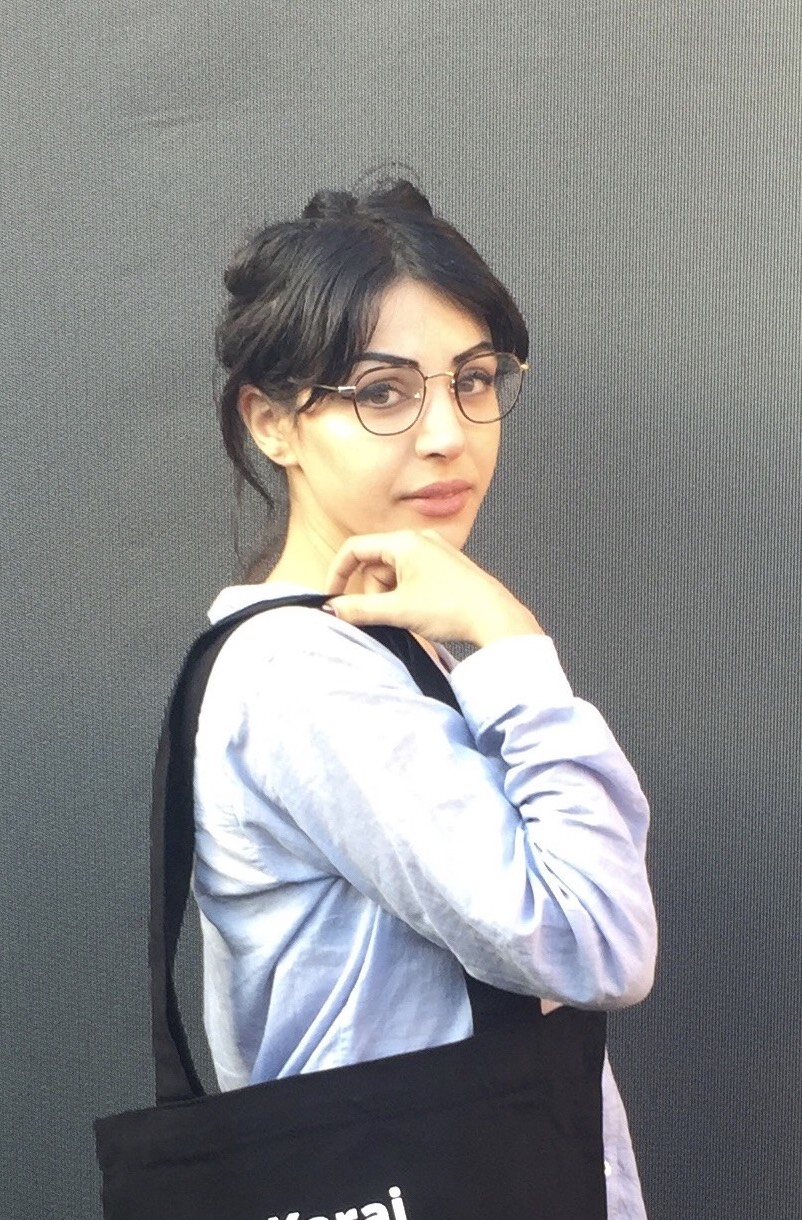
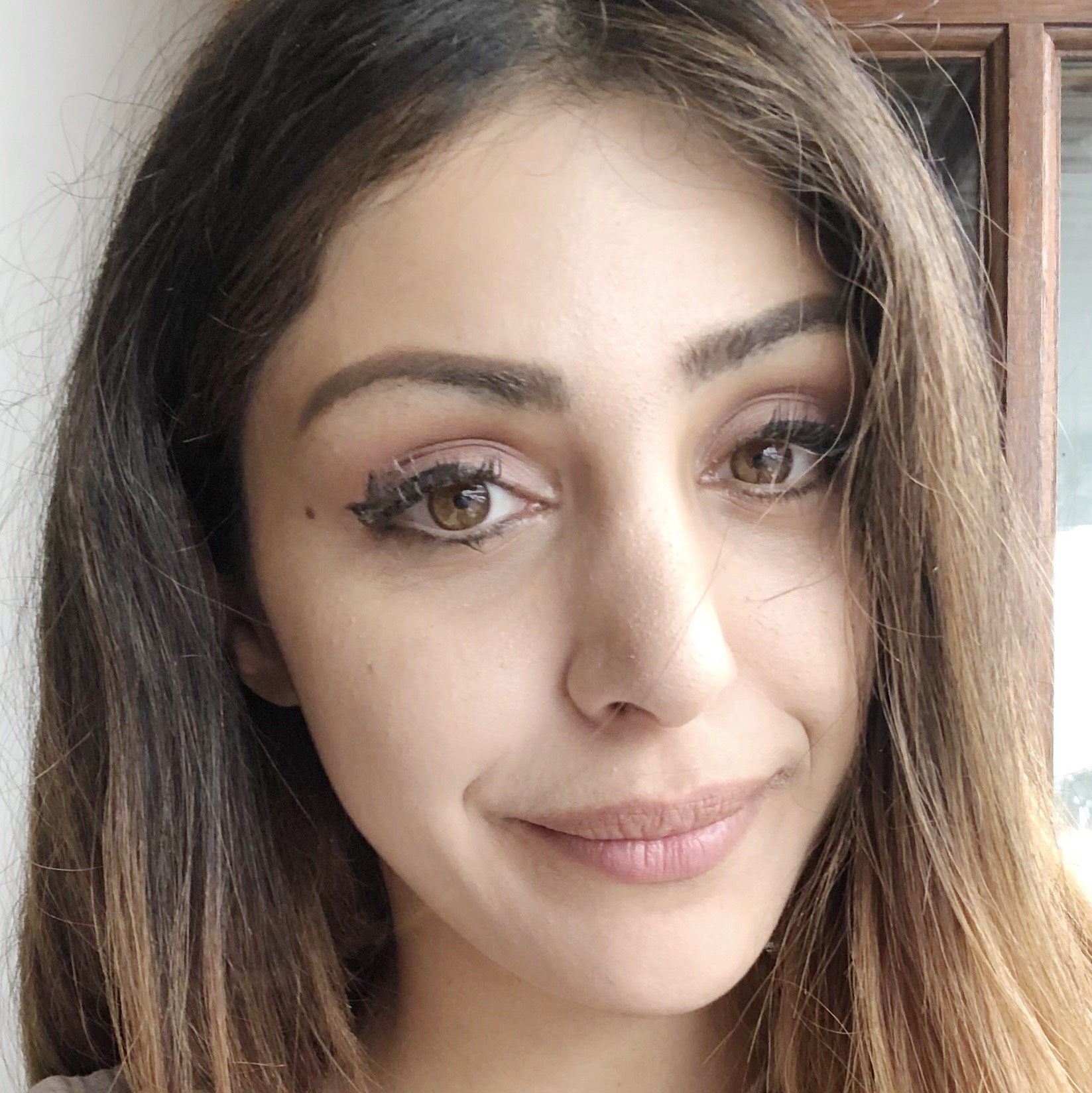

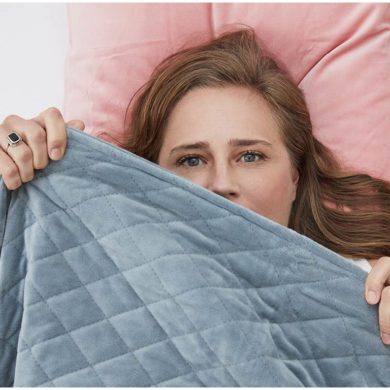
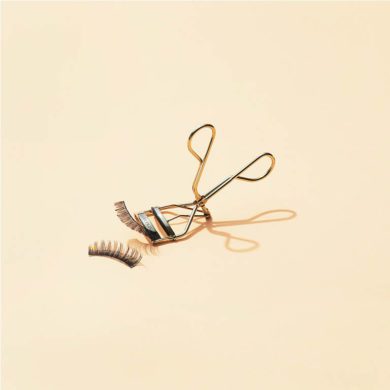
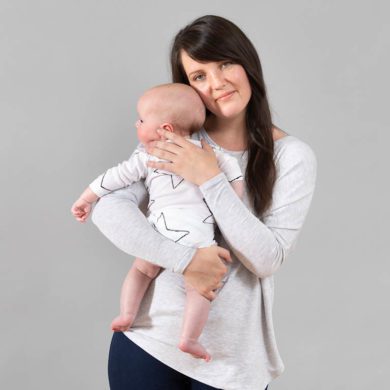
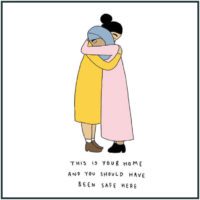
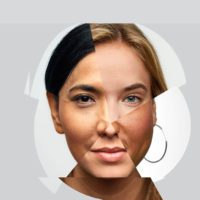
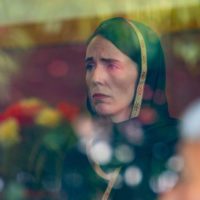
7 Comments